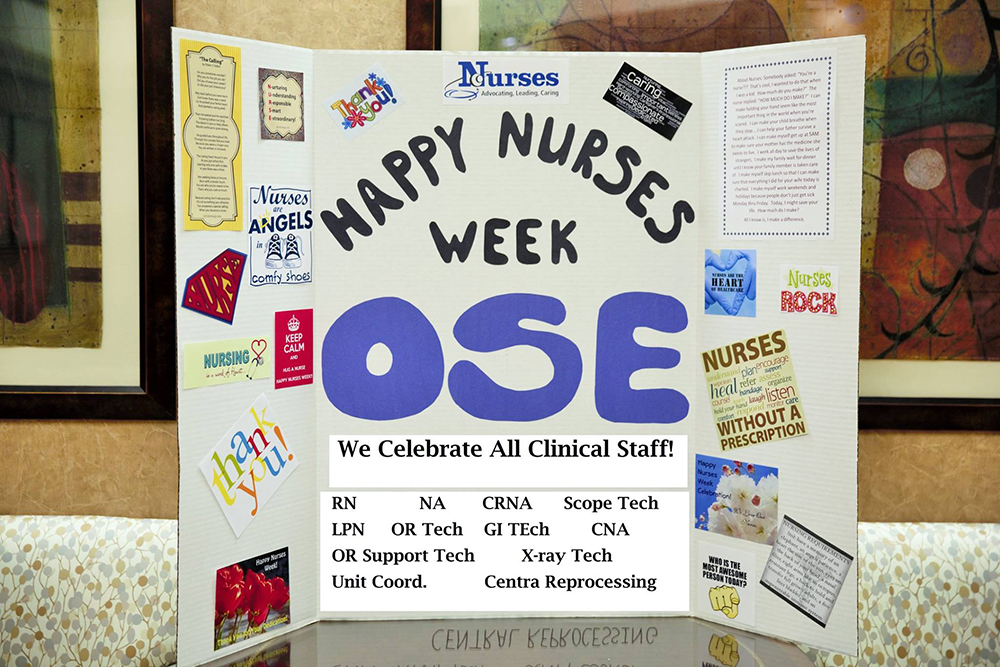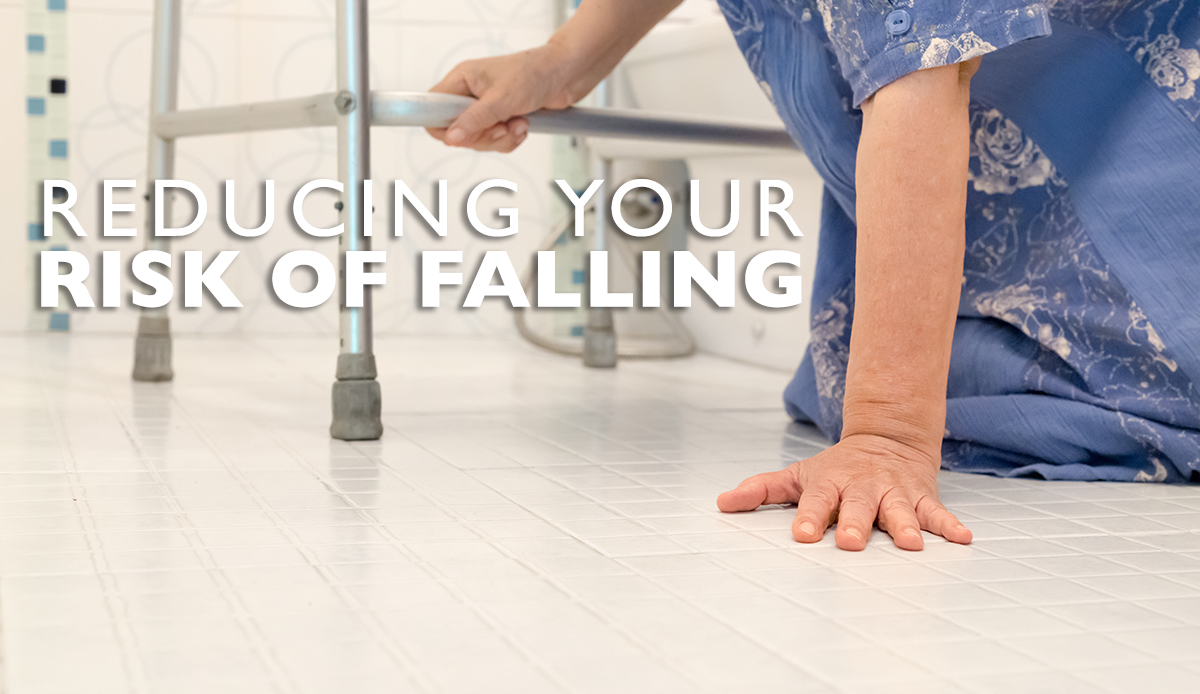Make small changes to your home
- Install timers, “clap-on” or motion sensors on your lights.
- Use night lights in your bedroom, bathroom and the hallway leading to the bathroom.
- Keep the floor and stairs clear of objects such as books, tools, papers, shoes and clothing.
- Remove small area rugs and throw rugs that can slip. Rubber mats are a good replacement.
- Put frequently used items in easy-to-reach places that do not require using a step stool.
- Make sure your bed is easy to get in and out of.
- Apply non-slip treads on stairs.
- Apply non-slip decals or use a non-slip mat in the bathtub or shower.
- Install grab bars near the toilet and the bathtub
or shower.
A home care agency, personal care and support agency, or community program may be able to help make changes to your home if you live alone and need help.
Take extra precautions in the hospital or nursing home
Many falls occur when patients or residents try to get out of bed either to go to the bathroom or walk around the room by themselves. If you need to get out of bed:
- Use your call button to ask for help getting out of bed if you feel unsteady.
- Ask for help going to the bathroom or walking around the room or in hallways.
- Wear non-slip socks or footwear.
- Lower the height of the bed and the side rails.
- Talk to your doctor if your medicine makes you sleepy, light-headed, sluggish or confused. Ask how to reduce these side effects or if you can take another medicine.
Article From: www.jointcommission.org




